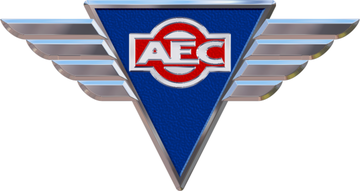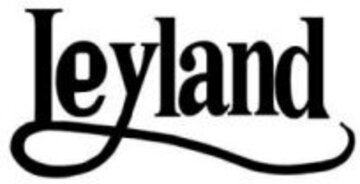Centurion (Tank)
Brand
The Centurion was the primary British army main battle tank of the post-Second World War period. Introduced in 1945, it is widely considered to be one of the most successful post-war tank designs, remaining in production into the 1960s, and seeing combat in the front lines into the 1980s. The chassis was also adapted for several other roles, and these have remained in service to this day.
But even before the Outline Specification of the A41 was released in October 1943, these limits were removed and the weight was increased from 40 tons to 45 long tons (50 short tons; 46 t), because of the need for heavier armour and a wider turret (too wide for the tank to be transported by rail) with a more powerful gun. The new version carried armour equal to the heaviest infantry tanks, while improved suspension and engines provided cross-country performance superior to even the early cruiser tanks. The War Office decided it would be wiser to build new trailers, rather than hamper what appeared to be a superb design. Historian David Fletcher states, "But was Centurion, after all, a Universal Tank? The answer has to be a qualified negative." The design mockup, built by AEC Ltd., was viewed in May 1944. Subsequently, twenty pilot models were ordered with various armament combinations: ten with a 17-pdr and a 20 mm Polsten gun (of which half had a Besa machine gun in the turret rear and half an escape door), five with a 17-pdr, a forward Besa and an escape door, and five with a QF 77 mm gun and a driver-operated hull machine gun.
Subject ID: 41985
MoreThe Centurion was the primary British army main battle tank of the post-Second World War period. Introduced in 1945, it is widely considered to be one of the most successful post-war tank designs, remaining in production into the 1960s, and seeing combat in the front lines into the 1980s. The chassis was also adapted for several other roles, and these have remained in service to this day.
But even before the Outline Specification of the A41 was released in October 1943, these limits were removed and the weight was increased from 40 tons to 45 long tons (50 short tons; 46 t), because of the need for heavier armour and a wider turret (too wide for the tank to be transported by rail) with a more powerful gun. The new version carried armour equal to the heaviest infantry tanks, while improved suspension and engines provided cross-country performance superior to even the early cruiser tanks. The War Office decided it would be wiser to build new trailers, rather than hamper what appeared to be a superb design. Historian David Fletcher states, "But was Centurion, after all, a Universal Tank? The answer has to be a qualified negative." The design mockup, built by AEC Ltd., was viewed in May 1944. Subsequently, twenty pilot models were ordered with various armament combinations: ten with a 17-pdr and a 20 mm Polsten gun (of which half had a Besa machine gun in the turret rear and half an escape door), five with a 17-pdr, a forward Besa and an escape door, and five with a QF 77 mm gun and a driver-operated hull machine gun.
Prototypes of the original 40-ton design, the Centurion Mark I, had 76 mm of armour in the front glacis, which was thinner than that on the then current infantry tanks (the Churchill), which had 101 mm or 152 mm on the Churchill Mk VII and VIII being produced at the time. However, the glacis plate was highly sloped, and so the effective thickness of the armour was very high—a design feature shared by other effective designs, such as the German Panther tank and Soviet T-34. The turret was well armoured at 152 mm. The tank was also highly mobile, and easily outperformed the Comet in most tests. The uparmoured Centurion Mark II soon arrived; it had a new 118 mm-thick glacis and the side and rear armour had been increased from 38 mm to 51 mm. Only a handful of Mk I Centurions had been produced when the Mk II replaced it on the production lines. Full production began in November 1945 with an order for 800 on production lines at Leyland Motors, Lancashire the Royal Ordnance Factories, ROF Leeds, Royal Arsenal, and Vickers at Elswick. The tank entered service in December 1946 with the 5th Royal Tank Regiment.
Subject ID: 41985
Subject ID: 41985

